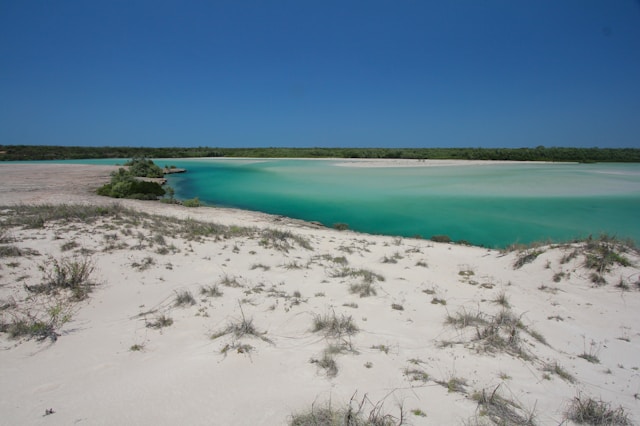Key Senate crossbench parties and independents want more ambition from the federal government to tackle the housing crisis as a Senate battle looms over the Labor government’s signature housing future fund.
The $10 billion housing fund passed the lower house in February but faces an upper house battle as the Greens and independents worry the government’s commitments do not go far enough.
Speaking ahead of a parliamentary committee to examine plans for the housing fund, senator David Pocock said the allocated money – which will fund 30,000 social and affordable homes in the first five years – was “not going to even touch the sides”.
The senator for the ACT said there were 3100 people on his jurisdiction’s social housing waiting list and the federal government’s Housing Australia Future Fund (HAFF) was on track to provide just 540 homes.
“It sounds like a lot of money, but when you break that down into available payments to build and maintain social homes, that money runs out pretty quickly,” he told reporters in Canberra.
The Greens – whose vote the government will require to pass the bill – are calling for a minimum of $5 billion to be invested in social and affordable housing every year and the removal of the $500 million annual spending cap.
Senator Pocock and Greens senator Nick McKim joined other committee members to quiz experts about the proposed legislation on Wednesday.
Representatives from the community housing sector welcomed the package of legislation as a step towards a more reliable source of funding.
Community Housing Industry Association chief executive officer Wendy Hayhurst offered some tweaks to the legislation but also said the fund was a model that could be easily scaled up.
“While the initial housing targets are modest, the HAFF can be scaled over time with regular top ups and this could become the source of ongoing dependable funding needed to make inroads into the shortfalls in social affordable rental housing.”
PowerHousing Australia chief executive Nicholas Proud commented on the “very uncertain” environment for delivering new residential housing supply.
Mr Proud said the housing market had been propped up during the COVID crisis and it was unclear where it would land now that interest rates were rising, house prices were falling rapidly and construction companies were going bust.
“Unless we get a compass bearing point on the future of housing delivery and pricing, there will not be an equilibrium that will land nicely for a lot of people very soon,” Mr Proud told the committee.
PowerHousing Australia director Scott Langford said in the absence of the housing fund and other significant interventions from the government, social housing would continue to shrink as a proportion of total housing supply.
In a submission to the committee, the National Aboriginal and Torres Strait Islander Housing Association called on the government to clarify the rationale behind the $500m annual limit.
The association noted the first review of the annual spend won’t be until December 2028 under the current proposal, and called for this to be brought forward along with additional reviews every three years.
Meanwhile, the peak body for the property industry wants the future fund to be doubled.
In its submission, the Property Council of Australia also called for a commitment from all levels of government to redirect one per cent of development taxes and charges to social and affordable housing.
Maeve Bannister and Poppy Johnston
(Australian Associated Press)




